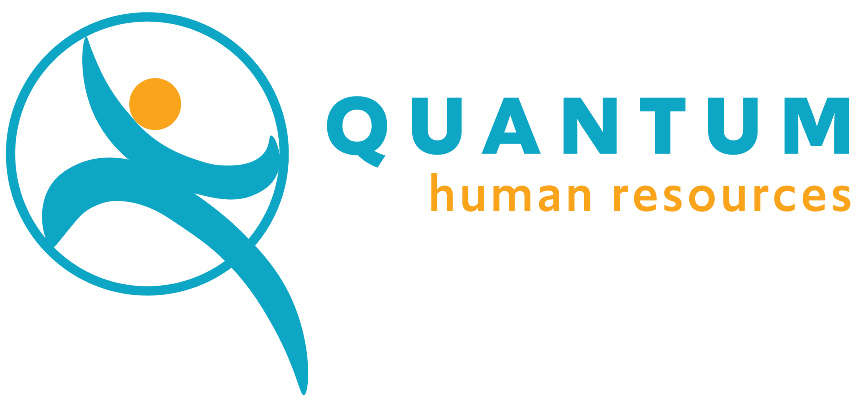A knowledgeable and thoughtful word from CBSW Tax and Business Advisors
For over 20 years employers have had a legal requirement to pay superannuation for their employees with respect to their ‘Ordinary Time Earnings’. The current rate for superannuation is 9.5%, which has steadily increased over this time and is scheduled to continue its increase over the coming years.
Sometimes, for a range of reasons, employers have underpaid or not paid the correct superannuation contributions. The Australian Taxation Office (“ATO”) has historically had difficulty in identifying instances where employers are failing to meet their superannuation obligations without targeting specific businesses.
However, the means by which the ATO can collect information is increasing each year. In particular the recently introduced Super Stream reporting, combined with the introduction of Single Touch Payroll, means that the ATO will be able to identify underpayments of superannuation at a far greater level than they have before.
ATO grants amnesty
In May 2018, the federal government announced they plan to give employers an opportunity to review and rectify any instances where they have underpaid superannuation for their employees. This opportunity will cover potential underpaid superannuation from 1 July 1992 up to 31 March 2018.
As part of this amnesty, the ATO are allowing affected employers to rectify any underpayments while not risking the level of penalties that they might otherwise have. This also grants tax deductibility of payments that would not normally be available.
What the amnesty means
If the ATO detects that you have underpaid superannuation for your employees, the penalties for this underpayment can include:
- Still having to pay the underpaid superannuation amount
- Having to pay interest on the underpaid amount
- Administrative penalties for each late payment
- Inability to claim a tax deduction for contributions when they are paid late
As part of the amnesty, those who voluntarily disclose their shortfalls may be able to avoid the administrative penalties as well as receive a tax deduction for shortfall amounts that are paid on or before 23 May 2019.
The expectation is that, by introducing this amnesty on unpaid superannuation, the ATO will be targeting underpaid superannuation in future, particularly once the amnesty period ends (on 23 May 2019). Therefore the ATO are urging employers to take advantage of this opportunity to fix any past mistakes while they have this opportunity.
What to do now
All employers should at least consider whether they are certain that they have met their minimum superannuation obligations.
If you are unsure of what your obligations are or whether you have met them, then we strongly advise that you take steps to review their records to ensure they have met these obligations. [RAW HR note: keeping accurate records on superannuation payments is a part of your employment obligations – and can save you hassle in cases like this.]
Remember also that if you are operating through a company and you are found to have underpaid your superannuation obligations, then the Directors may become personally liable for the shortfall – there is a real risk that the protection some people may expect to have from a company may not be there to protect Directors where unpaid superannuation is involved.
Note that at the time of writing, the amnesty had not been passed into law. Therefore, anyone considering voluntarily disclosing should seek advice to ensure the benefits of the amnesty will be available.
To learn more, click here to visit CBSW. CBSW are a boutique Chartered Accounting tax & business advisory practice, providing professional direction to small-medium enterprises, high net wealth individuals and families in business.
Thanks for reading and click the subscribe button below to keep up to date on articles such as these, links to other resources and our own FREE tools and advice.

